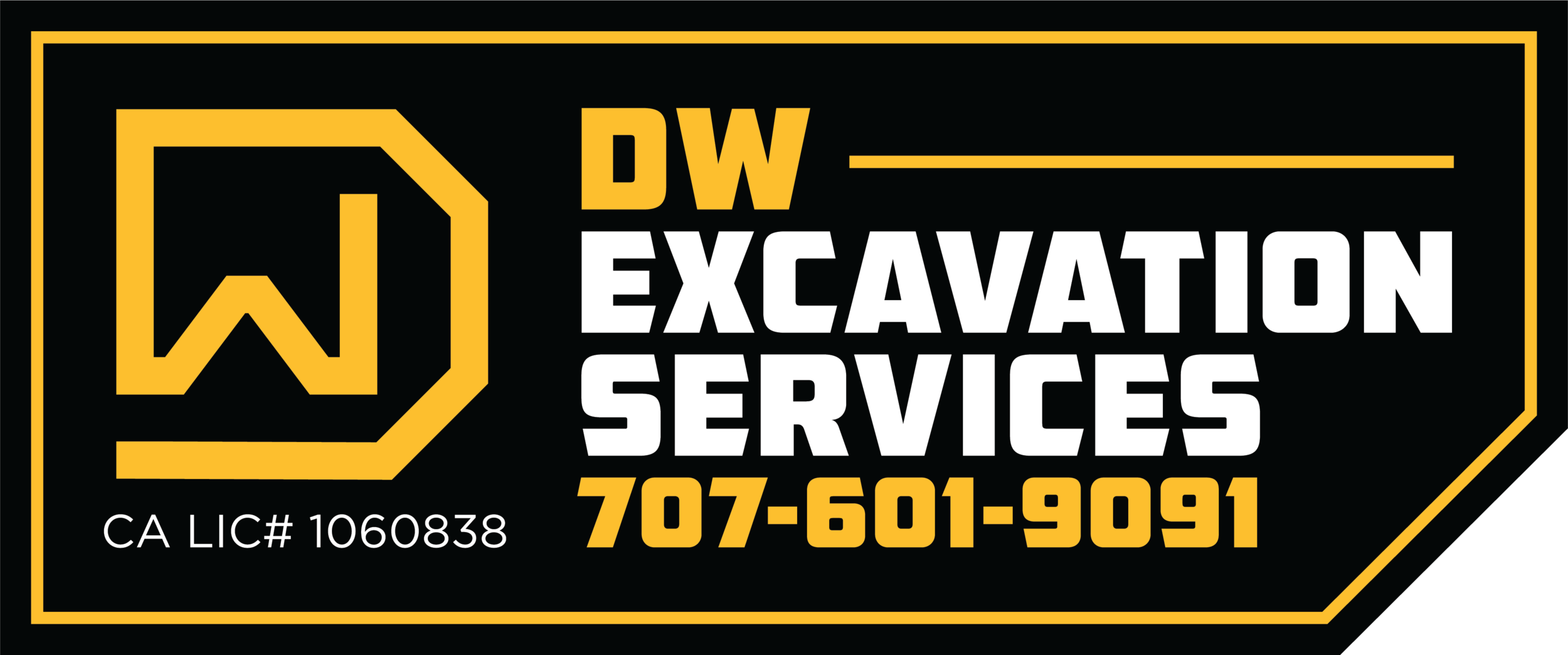Why Commercial Excavation is Crucial for Safe and Efficient Construction Projects
Commercial excavation is a foundational aspect of construction projects, ensuring the safety, stability, and efficiency of building endeavors. Whether you're developing a new office complex, expanding a retail space, or constructing industrial facilities, understanding the importance of commercial excavation is essential for property owners.
This comprehensive guide explores the key benefits and considerations of commercial excavation for safe and efficient construction projects, with a focus on the unique needs of property owners on California's Central Coast.
Understanding Commercial Excavation
Commercial excavation involves the systematic removal of soil, rock, and other materials to prepare a site for construction. This process requires specialized equipment and expertise to handle the larger scale and complexity of commercial projects. From creating foundations to installing utilities, commercial excavation sets the stage for successful construction.
Types of Commercial Excavation Services
Purpose: Site planning involves assessing the property, creating detailed plans, and determining the best approach for excavation.
When Needed: Essential for any major commercial construction project to ensure proper layout and compliance with local regulations.
Purpose: Creating a stable base for building foundations.
When Needed: Necessary for new commercial buildings, expansions, and renovations.
Purpose: Digging trenches for the installation of utilities such as water, gas, electricity, and telecommunications.
When Needed: During new constructions or upgrades to existing utility systems.
Purpose: Removing trees, rocks, and other obstructions and leveling the land to ensure proper drainage and stability.
When Needed: Before any construction project to prepare the site.
Purpose: Implementing measures to prevent soil erosion and protect the construction site.
When Needed: On properties with slopes or areas prone to erosion.
Purpose: Safely demolishing existing structures and preparing the site for new construction.
When Needed: When renovating or rebuilding on an existing property.
Purpose: Laying asphalt for parking lots, driveways, and pathways.
When Needed: For improving access and adding paved areas to the property.
Purpose: Installing systems to manage water flow and drainage.
When Needed: In areas with water drainage issues or for installing irrigation systems.
Why Commercial Excavation is Crucial
Safety
Proper excavation ensures a stable foundation, reducing the risk of structural failures and hazards. It also helps in identifying and mitigating underground obstacles that could pose risks.
Efficiency
Efficient excavation techniques save time and reduce costs. By using advanced equipment and methods, excavation contractors can complete projects faster and more cost-effectively.
Regulatory Compliance
Commercial excavation must comply with local building codes and environmental regulations. Professional excavation services ensure that all legal requirements are met, avoiding costly fines and delays.
Sustainability
Modern excavation practices emphasize sustainability, including eco-friendly land clearing, erosion control, and water management. These practices help protect the environment and enhance the long-term viability of the property.
Project Success
A well-executed excavation project lays the groundwork for the entire construction process. Proper site preparation, grading, and utility installation are essential for the success of the overall project.
Common Questions About Commercial Excavation
What should I look for in a commercial excavation contractor?
Look for licensed and experienced contractors with a proven track record in commercial projects. Ensure they have the necessary equipment and expertise to handle your specific needs.
How do I know if my property needs erosion control measures?
Properties with slopes or those in areas prone to heavy rain should consider erosion control to prevent soil loss and property damage.
Can excavation services improve my property's drainage?
Yes, services like grading and water management can help redirect water flow and prevent flooding or pooling.
What permits are required for commercial excavation?
Permits vary by location and project type. Your contractor should be knowledgeable about local regulations and assist in obtaining the necessary permits.
How can I ensure my excavation project stays on budget?
Work with your contractor to create a detailed plan and budget. Regular communication and monitoring of the project can help avoid unexpected costs and delays.
Conclusion
Commercial excavation is a vital component of safe and efficient construction projects. For property owners on California's Central Coast, understanding the importance of professional excavation services can make a significant difference in the success of their projects.
From site planning and foundation excavation to utility trenching and erosion control, commercial excavation sets the stage for a strong, stable, and sustainable build. By partnering with experienced professionals and thoroughly planning each step, you can ensure your commercial construction project is completed safely, on time, and within budget.
